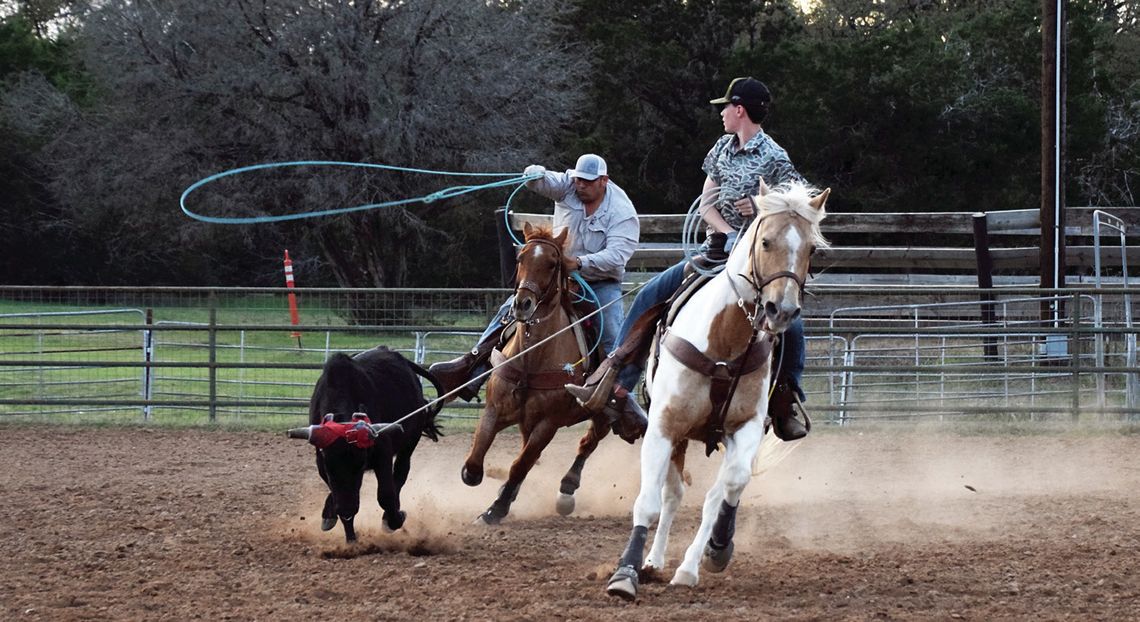Local team donates nearly half a million meals
“We never set out to do anything like this. We had no experience, no prior plan. It was one of those things that just kind of hit us.”
The “we” is Noel McAlexander and Dave Sissler, two local cattlemen with a passion for team roping. In this sport, a team of two riders (a header and a heeler) work together to rope a steer, with the header catching the steer's head and the heeler catching its hind legs.
The roping steers are a small breed of cattle. They start off at 350 pounds. Once they get to be 600 pounds, they are too big to rope. But they aren’t usually seen as valuable for their beef. In the past, McAlexander and Sissler would sell them, and make pennies on the dollar.
“Then we would reup, get new cattle, and kind of go on,” McAlexander said. “That's kind of how the cycle works. Because we can, because we're lucky, and because we like to do what we do.”
In 2020, they started wondering if there was a higher, better use for the beef.
“There was an organization in Oregon that we learned about,” McAlexander said. “They had roping cattle that they would feed out and process and donate the beef. We thought, why not try it in Texas?”
They decided to put ten of their roping cattle on feed for 120 days, and then send them for processing. On a whim, McAlexander called Central Texas Food Bank to see if they would be interested in a donation. And they were.
“So we did our deal, and kind of unceremoniously dropped off 3000 pounds of beef,” McAlexander said.
From that modest beginning, their small group grew into a thriving nonprofit organization that has donated more than 450,000 meals to Texas food banks and charitable service organizations.
The efforts of Texas Beef Initiative (TBI), as the group is now called, have spanned 21 counties and benefitted 50 groups who are working to help Texans facing food insecurity - including families, seniors, veterans, those formerly homeless, and those recovering from substance abuse.
“The deeper we got into it, the more organizations we learned about where it was a need. They get almost zero natural meat protein,” McAlexander said. “Every step we took, the doors kept opening. This is year five. We went from 50,000 meals the first year we did it to over 175,000 last year.”
The beef yield from a roping steer is a bit lower than for traditional beef cattle. But since they are being used exclusively for ground beef, the yield is quite a bit higher.
“From the beginning to end, we're basically producing a pound of beef for about $2.50 to $3 dollars a pound,” McAlexander said. “So, it's pretty good. And there's no way we can keep up with the need.”
The group started in Dripping Springs, but now they have a team in Bryan College Station and also in Fort Worth. In recent years, TBI has started getting support and donations back from their recipient organizations, which helps them continue their efforts.
“It really is becoming a good kind of circular support system,” McAlexander said. “And that's the goal.”
TBI has support from private groups like Anderson Charitable Foundation, Montandon Charitable Trust, Ladies of Charity Lake Travis, Shield-Aires Foundation, and Still Water Foundation. They also receive donations from individuals.
“We pretty frequently have cattle donated to us,” McAlexander said. “There's lots of different ways to do it. We're pretty creative with it.”
TBI has eight volunteer board members and no paid staff. They have various people and groups that help with feeding and growing the cattle to get them ready for processing.
“It's all a volunteer army,” McAlexander said. “Everybody's got other irons in the fire, but I think they feel like it's a good endeavor and well worth the time. It's just something that everybody feels good about doing.”
Another source of funding is the weekly roping sessions, which are held at Dripping Springs Ranch Park every Thursday. The steers they run will ultimately become part of the program.
“The practice is a drop in the bucket, but it’s another source. All these guys will pay a fee to practice every Thursday,” McAlexander said. “That seems insignificant at times, but by the time you add up those Thursdays, that's another good pocket of support.”
TBI has tried a couple of small scale fundraisers with some success, but that’s another thing to coordinate and corral with limited manpower.
“I'm not proud to say it, but we're much better at raising beef than raising money,” McAlexander said.
In addition to Central Texas Food Bank, some other local groups that benefit from TBI donations include Helping Hands Dripping Springs, which was one of the early customers. There’s also the Burke Center for Youth, Helping Hands Spicewood, Lake Travis Crisis Center and Community First in Austin.
There are shelters in the Austin and San Antonio area that receive donations, and TBI also works with veteran and first responder groups.
“We've come to realize we have the easy end of the deal, because these organizations are helping people that are struggling big time,” McAlexander said. “And what we have to do is provide the beef.”
For more information on the Texas Beef Initiative, or to find out how to donate, visit www.donatebeef. org.
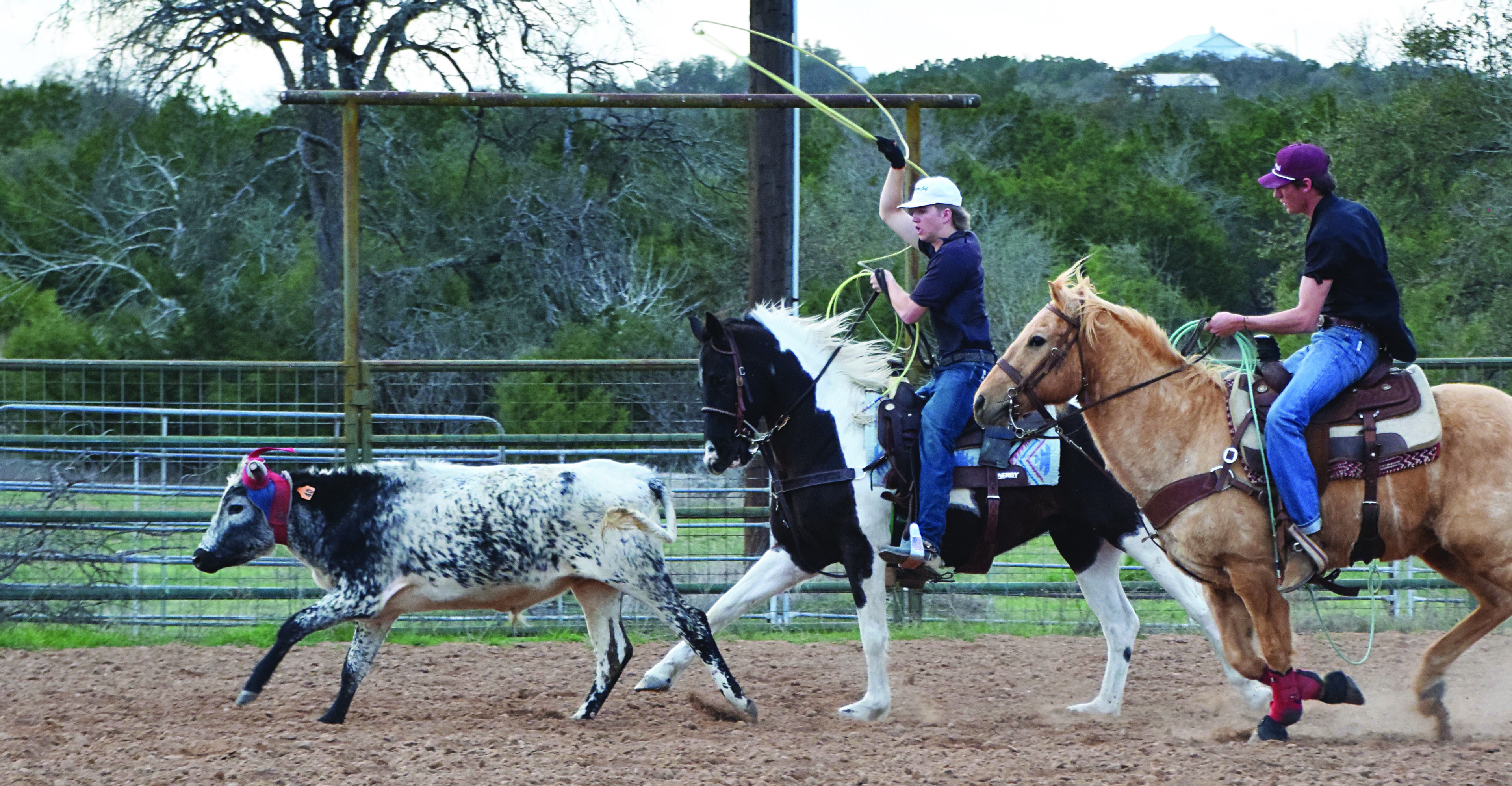
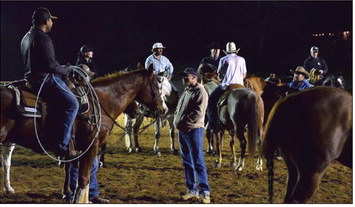
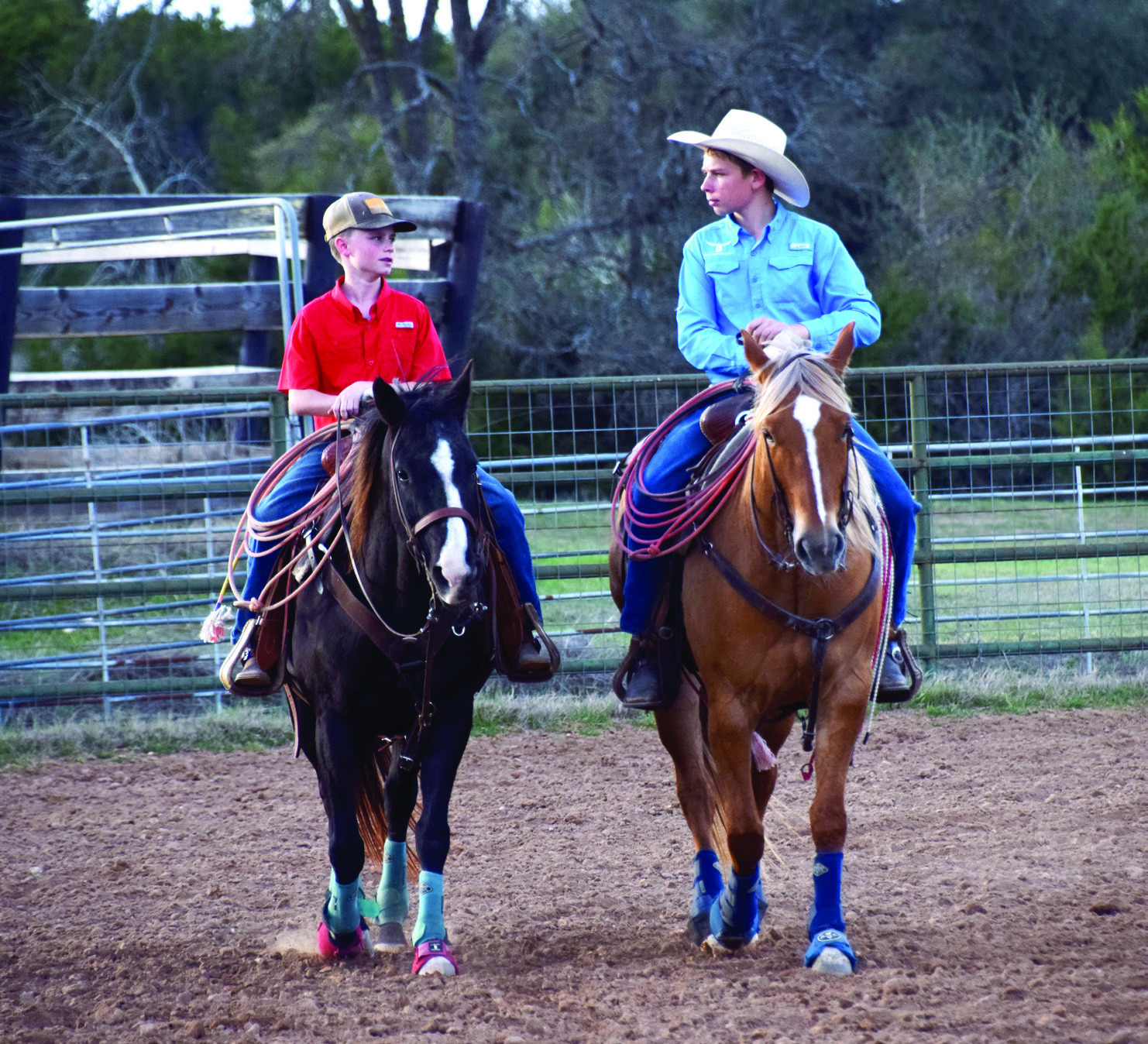
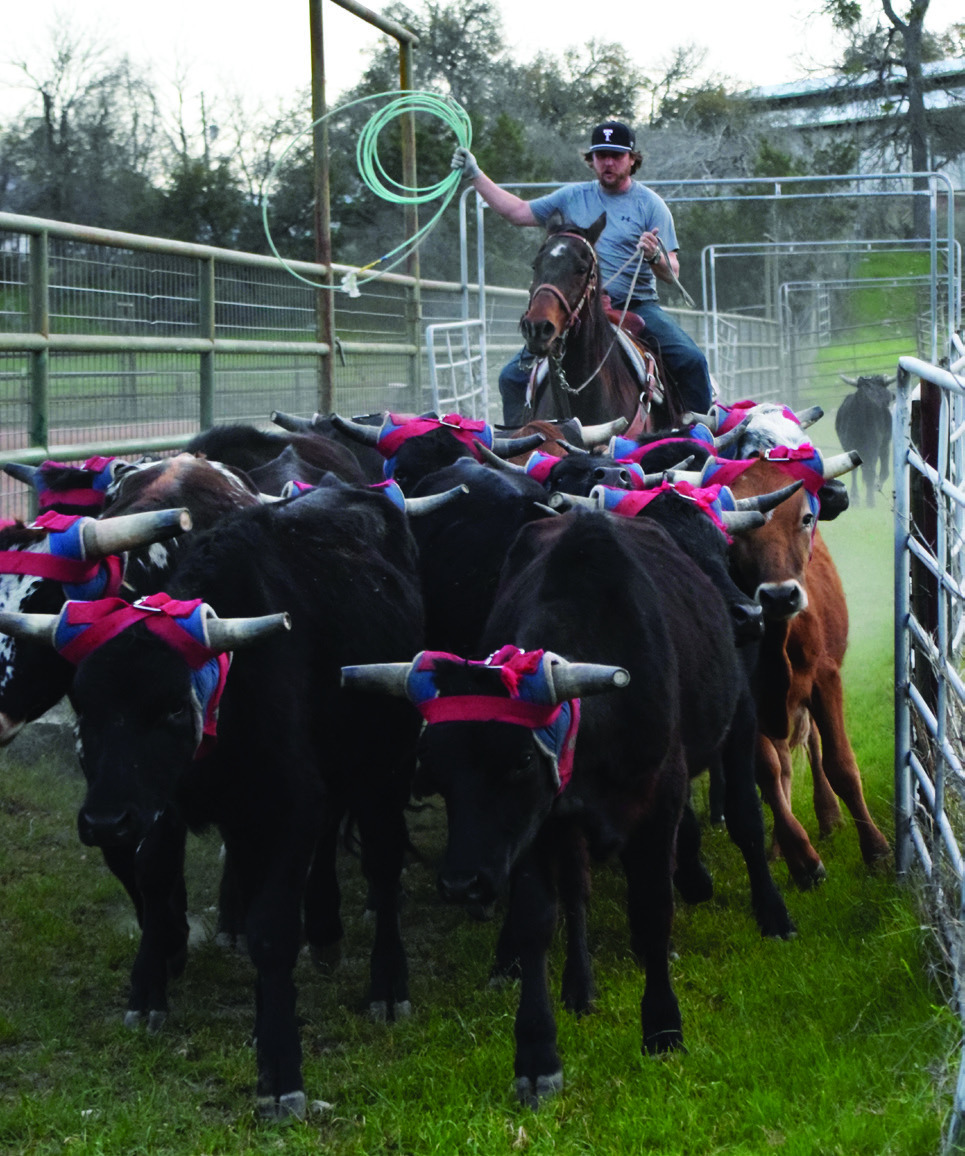
.png)


